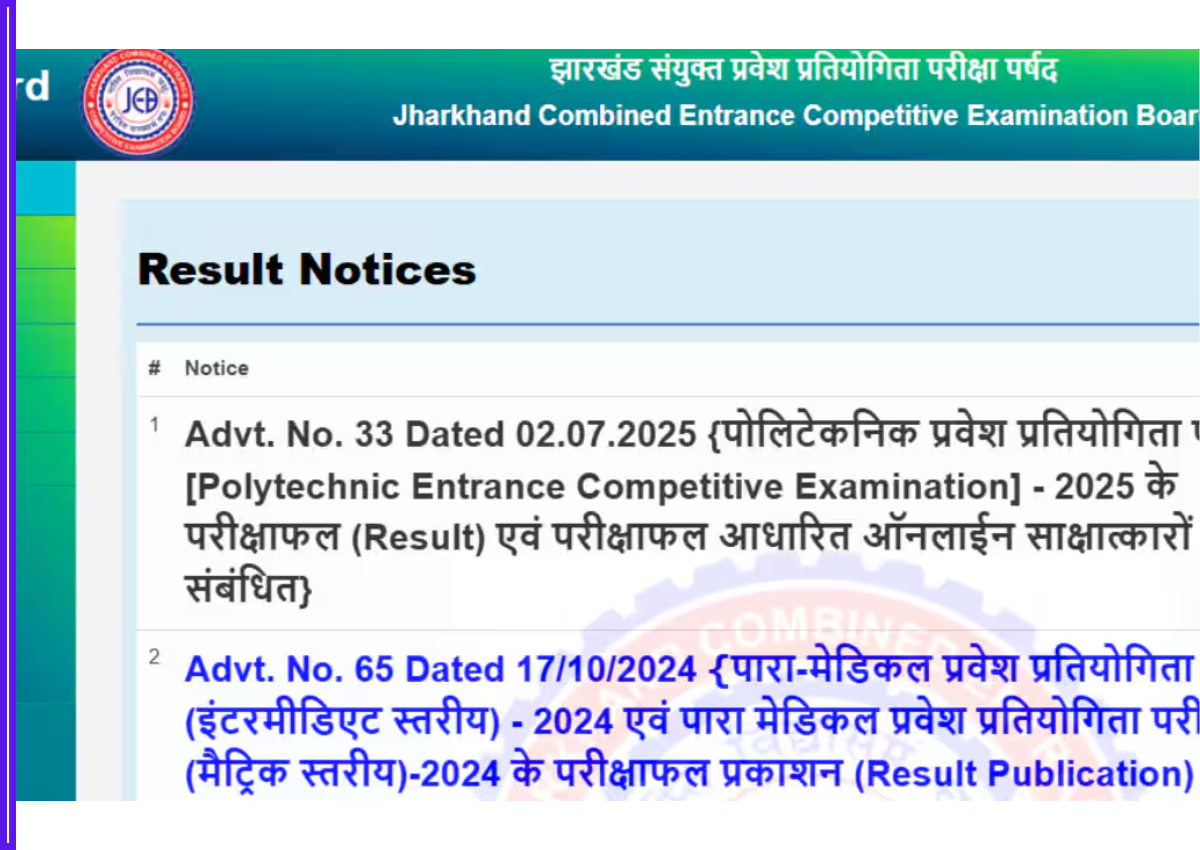A CRPF constable posted in Jammu has been dismissed from service after marrying a Pakistani woman — a move the force claims violated service rules. The jawan, Munir Ahmed, however, insists he had obtained official permission before the marriage took place.

Ahmed, who joined the Central Reserve Police Force in 2017, married Minal Khan, a resident of Pakistan’s Punjab province, through a video-based nikah on May 24, 2024. He told reporters that he had received clearance from CRPF headquarters nearly a month before the marriage and was shocked to learn of his dismissal through media reports before receiving an official letter.
“I followed the proper channels and received written approval from the department. The dismissal came as a surprise to me and my family,” he said, speaking to PTI.
However, CRPF officials have maintained that the dismissal was based on multiple violations, including the alleged failure to inform authorities about his wife’s prolonged stay in India after her visa expired. According to the conduct rules that govern paramilitary personnel, any marriage to a foreign national — especially someone from a country like Pakistan — requires prior approval and thorough security vetting.
The controversy intensified when Minal Khan, who had arrived in India on a tourist visa, reportedly stayed beyond the permitted period. The CRPF stated that Ahmed did not report this overstay or provide proper documentation to support his claim that she had applied for a Long-Term Visa (LTV).
Authorities had begun the deportation process, but the Jammu and Kashmir High Court intervened, allowing Minal Khan temporary stay for 10 days beyond April 29, 2025, to resolve legal proceedings.
Ahmed now plans to challenge his dismissal in court, arguing that he complied with the required procedures and is being unfairly penalized.
This case has sparked broader discussions around the sensitive intersection of personal life and national security responsibilities, especially in regions like Jammu and Kashmir where paramilitary forces play a key role.





